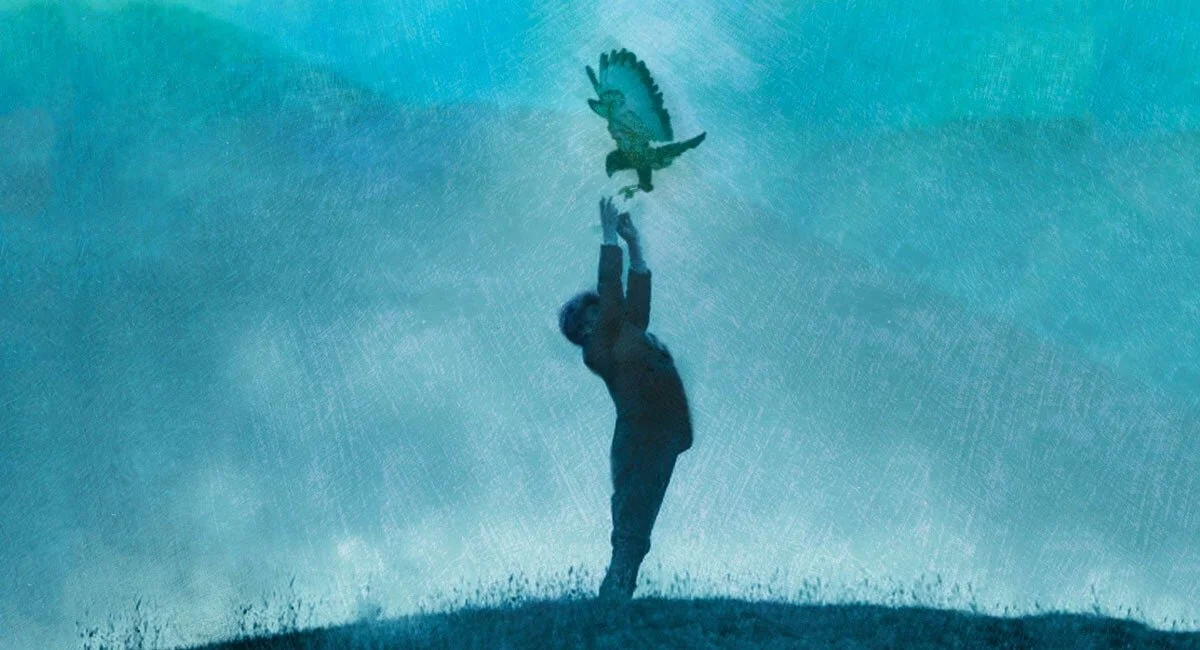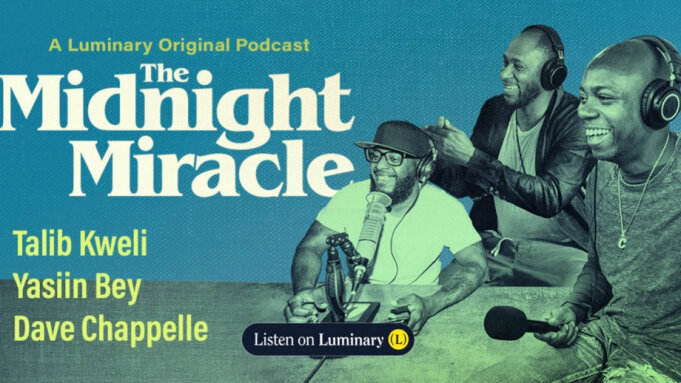Children’s books top 25 (collated with friends):
1. The Hobbit
2. Lord of the Rings Trilogy by J.R.R. Tolkien (not written specifically for children but powerful if they can engage)
3. My Side of the Mountain by Jean Craighead George (“an accessible and completely unsentimental survival guide disguised as an adventure narrative wrapped in an ode to nature.”)
4. Hatchet by Gary Paulsen
5. The Birchbark House series by Louise Erdrich. ("These books follow the lives and adventures of an Ojibwe family (with strong female protagonist, Omakayas) as they're pushed west by white settlers. Beyond the compelling plot and perspectives that challenge the Little House books of my youth, a reader might come away with new and useful land-based knowledge/skills.")
6. The Silver Chair; Voyage of the Dawn Treader; The Lion, the Witch and the Wardrobe (Chronicles of Narnia) by C.S. Lewis
7. The Little Prince by Antoine de Saint-Exupéry
8. The Wizard of Oz full series
9. Harry Potter and the Philosopher's Stone
10. Ghazali's Book of Knowledge for Children by Fons Vitae
11. The Secret Garden
12. The Life of the Prophet by Gouverneur & Azzam
13. Ottoline series by Chris Riddell
14. Charlotte’s Web
15. A Carpet of Flowers, by Elizabeth Borton de Treviño
16. The Jungle Book
17. The Borrowers
18. Pippi Longstocking series
19. Black Beauty
20 Little Women & Pride and Prejudice (children's versions)
21. The Adventures of Tom Sawyer
22. Wisdom Tales books e.g. Amir 'Abd al-Qadir & some of Demi's books
23. Conference of the Birds by Alexis Lumbard
24. The Iliad and The Odyssey- good graphic novel adaptations
25. Where the Mountain meets the Moon by Grace Lin












